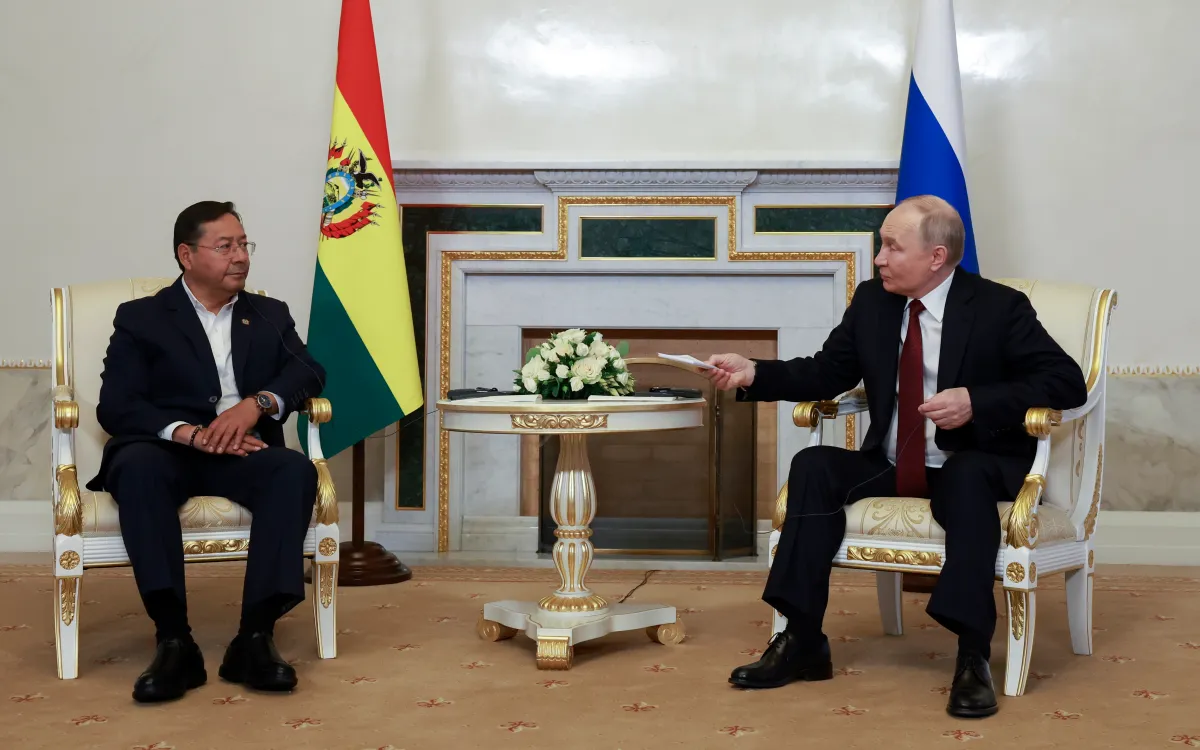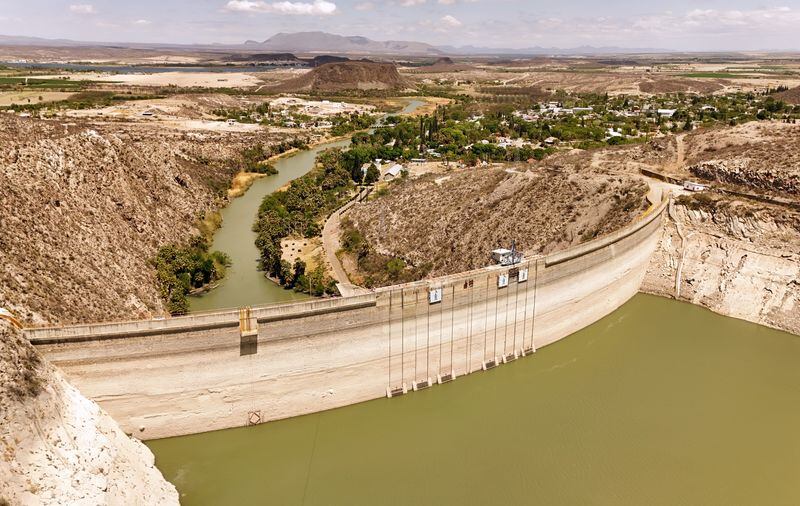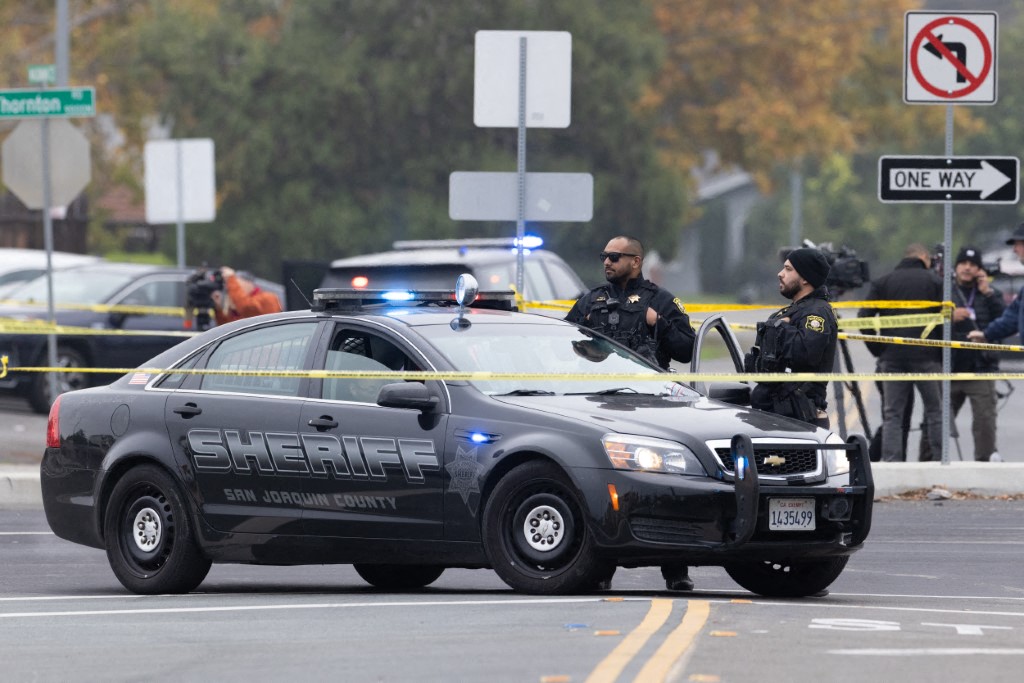International
Arce and Putin agree that joint lithium and nuclear projects in Bolivia will operate in 2025

The president of Bolivia, Luis Arce, said that he agreed with his Russian peer, Vladimir Putin, that the joint projects undertaken by both nations in Bolivia for the exploitation of lithium and the development of nuclear technology will be fully underway in 2025.
The ruler explained to the media in La Paz the agreements reached with Putin during his recent visit to Russia, where he also participated in the St. Petersburg International Economic Forum.
According to Arce, it was agreed that the project applied by the Russian firm Uranium One, one of the three that signed an agreement with Bolivia to apply its direct lithium extraction (EDL) technology in Bolivian salt salts, “has to go into operation in the 2025 management.”
The president assured that the state-owned Yacimientos de Litio Bolivianos (YLB) and Uranium One “are going to take all the precautions so that this decision can be reached” adopted “between both presidents.”
The same will happen in the case of the Center for Research and Development in Nuclear Technology (Cidtn) set up in El Alto, a neighbor of La Paz. Its operation includes three phases, the president recalled.
The first phase was the nuclear medicine and radiotherapy center inaugurated in 2022 and the second, the irradiation center for seed improvement and pest control launched last year, he said.
“They are the two stages that are complete and we have the third stage, which is the temperature of the nuclear reactor. Undoubtedly, this is the most delicate and longest. And we have also agreed with President Vladimir Putin that this project will be completed by June 2025,” Arce said.
With this, it is expected that the entire nuclear complex will be “in full operation by the middle of next year,” he added.
Other agreements reached between Arce and Putin include Russian support for Bolivia to buy liquid hydrocarbons to ensure its domestic supply. In turn, the expansion of the South American nation’s export “commercial base” to the Russian market will be promoted with products such as coffee, pineapple, quinoa, palm heart and chocolate, among others.
Arce also pointed out that Russia showed its “total predisposition” to provide medicines to Bolivia and offered half scholarships for Bolivians who want to study in that country, with one year included so that they can learn the language.
In addition, it was agreed with the University of St. Petersburg to send professors to teach Russian at the state language institute of Bolivia, and the recognition of the degrees achieved by Bolivian professionals in Russia will be facilitated, he said.
There is also an agreement for cooperation in sports, to improve the performance of Bolivian athletes, he added.
Arce highlighted his participation in the St. Petersburg forum, in which he presented about the so-called ‘productive community social economic model’ that he conceived together with other left-wing economists and that was launched in Bolivia in the governments of the ruling Movement to Socialism (MAS).
He assured that with his model, Bolivia is “showing the world” that it is possible to have economic development and “reduction of poverty and inequalities” in an adverse global context.
Bolivia and Russia have a marked political affinity that has even led the South American country to refrain from voting in United Nations resolutions regarding the condemnation of the Russian invasion of Ukraine.
International
Police investigate deaths of Rob Reiner and wife as apparent homicide

The Los Angeles Police Department (LAPD) is investigating the deaths of Hollywood actor and filmmaker Rob Reinerand his wife as an “apparent homicide,” amid a wave of tributes to the director of classics such as When Harry Met Sally.
According to U.S. media reports on Sunday, Rob Reiner and Michele Singer Reiner were found dead at their Los Angeles mansion with what appeared to be stab wounds.
Several political figures shared messages of condolence following the reported deaths of the director of A Few Good Menand his wife.
While the LAPD did not officially confirm the identities of the victims, it stated that homicide detectives were dispatched to the Reiner residence.
“At this time, no additional details are available and the investigation into an apparent homicide is ongoing,” the Los Angeles Police Department said in a statement posted on social media.
LAPD Deputy Chief Alan Hamilton told reporters that no arrests have been made and that no individuals are currently being questioned as suspects.
“I’m not going to confirm whether anyone is being questioned at this moment or not. We are going to try to speak with as many family members as we can,” Hamilton said.
CNN reported that a family spokesperson confirmed the deaths of Reiner and his wife.
California Governor Gavin Newsom, former U.S. President Barack Obama, and former Vice President Kamala Harrisissued statements expressing their condolences.
International
U.S. and Mexico Reach Deal to Address Water Deficit Under 1944 Treaty

The United States and Mexico have reached an agreement to comply with current water obligations affecting U.S. farmers and ranchers and for Mexico to cover its water deficit to Texas under the 1944 Water Treaty, the U.S. Department of Agriculture said in a statement.
The department уточified that the agreement applies to both the current cycle and the water deficit from the previous cycle.
On Monday, U.S. President Donald Trump accused Mexico of failing to comply with the water-sharing treaty between the two countries, which requires the United States to deliver 1.85 billion cubic meters of water from the Colorado River, while Mexico must supply 432 million cubic meters from the Rio Grande.
Mexico is behind on its commitments. According to Washington, the country has accumulated a deficit of more than one billion cubic meters of water over the past five years.
“This violation is severely harming our beautiful crops and our livestock in Texas,” Trump wrote on Monday.
The Department of Agriculture said on Friday that Mexico had agreed to supply 250 million cubic meters of water starting next week and to work toward closing the shortfall.
Agriculture Secretary Brooke Rollins, quoted in the statement, said Mexico delivered more water in a single year than it had over the previous four years combined.
Trump has said that if Mexico continues to fall short of its obligations, the United States reserves the right to impose 5% tariffs on imported Mexican products.
Mexico’s Deputy Foreign Minister for North America, Roberto Velasco, said that a severe drought in 2022 and 2023prevented the country from meeting its commitments.
International
Several people shot in attack on Brown University campus

Several people were shot on Saturday in an attack on the campus of Brown University, in the northeastern United States, local police reported.
“Shelter in place and avoid the area until further notice,” the Providence Police Department urged in a post on X. Brown University is located in Providence, the capital of the state of Rhode Island.
U.S. President Donald Trump said on his social media platform Truth Social that he had been briefed on the situation and that the FBI was on the scene.
At 5:52 p.m. local time (11:52 p.m. GMT), Brown University said the situation was still “ongoing” and instructed students to remain sheltered until further notice.
After initially stating that the suspect had been taken into custody, Trump later posted a second message clarifying that local police had walked back that information. “The suspect has NOT been apprehended,” the U.S. president said.
-

 International4 days ago
International4 days agoWashington declares State of Emergency as atmospheric river brings severe flooding
-

 International4 days ago
International4 days agoU.S. to require five-year social media history from tourists under Visa Waiver Program
-

 Central America3 days ago
Central America3 days agoHonduras election crisis deepens as CNE president denounces intimidation attempts
-

 International3 days ago
International3 days agoCuba battles out-of-control dengue and chikungunya epidemic as death toll rises to 44
-

 Central America4 days ago
Central America4 days agoOAS and EU urge honduran political actors to respect vote results and avoid unrest
-

 International3 days ago
International3 days agoColombia says it would not reject Maduro asylum request as regional tensions escalate
-

 International2 days ago
International2 days agoSeveral people shot in attack on Brown University campus
-

 International3 days ago
International3 days agoEcuador on track for record violence as homicides hit highest level in Latin America again
-

 International4 days ago
International4 days agoSix ecuadorian soldiers jailed pending trial for alleged extrajudicial execution
-

 International2 days ago
International2 days agoU.S. and Mexico Reach Deal to Address Water Deficit Under 1944 Treaty
-

 Central America16 hours ago
Central America16 hours agoPanama seizes over three tons of drugs hidden in Caribbean port container
-

 International4 hours ago
International4 hours agoPolice investigate deaths of Rob Reiner and wife as apparent homicide
-

 Central America4 hours ago
Central America4 hours agoOAS urges swift recount in Honduras as election results remain uncertain


























